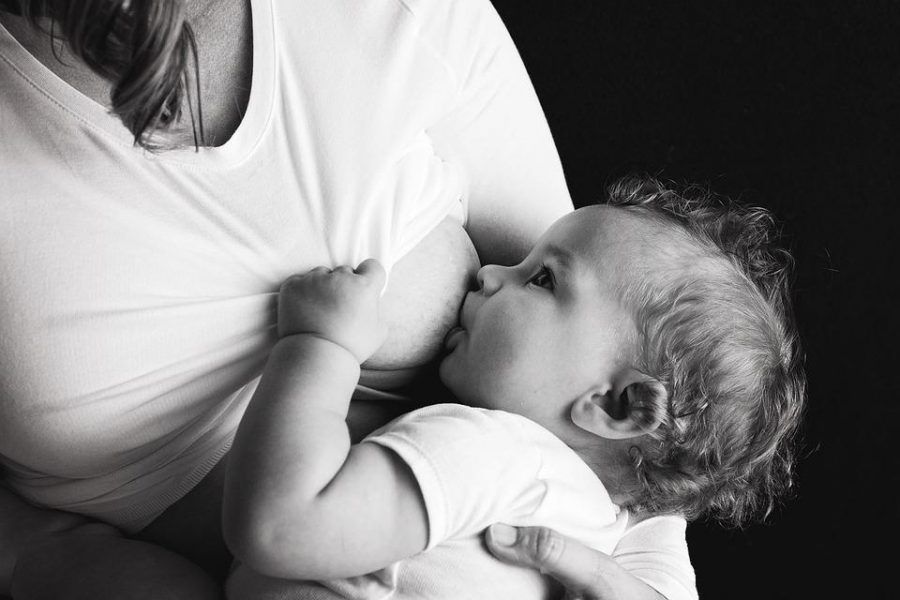During the World Health Assembly the first week of July, the American delegation tried to use President Theodore Roosevelt’s “big stick diplomacy” in efforts to declaw a resolution that encourages breastfeeding for infants. These diplomats first sought to use official channels to remove sections that called on governments to “protect, promote and support breastfeeding.” When this strategy failed, however, diplomats from other countries claimed that American officials turned to threats. The New York Times reports, “If Ecuador refused to drop the resolution, Washington would unleash punishing trade measures and withdraw crucial military aid.” An Ecuadorian official told the Times, “We were shocked because we didn’t understand how such a small matter like breastfeeding could provoke such a dramatic response.”
Breastfeeding did not become a controversial topic overnight. Myriads of political cartoonists have highlighted the societal hypocrisy of shaming women breastfeeding in public, hundreds of op-eds exist that tell people to mind their own business when moms breastfeed their babies on the bus and Hollie McNish’s spoken word poem, Embarrassed, became a prayer that breastfeeding mothers mumbled under their breath in 2016. This news matters. Not only does our country now openly oppose a resolution that could save an estimated 820,000 infant lives annually, but our representatives allegedly threatened the resolution’s original sponsor with political retaliation. These actions are not congruent with moral leadership as delegates put profit before people.
President Donald Trump responded to harsh criticism of his administration’s actions at the assembly by tweeting, “The U.S. strongly supports breastfeeding but we don’t believe women should be denied access to formula. Many women need this option because of malnutrition and poverty.” This response is a strawman. While the World Health Organization (WHO) recommends breastfeeding, the resolution was not designed to deny or limit any access to baby formula. Women have the right to make the decision not to breastfeed their children, but this decision should be well-informed, as it may impact their health and their baby’s health. It is more likely that the administration came out against the resolution to protect the $70 billion baby formula industry. As only 16% of American parents used infant formula milk in 2016, baby formula companies depend on sales in developing countries to continue growing their profit. Formula use can have deadly consequences in impoverished areas lacking clean water, however. WHO’s resolution is aimed to address this issue globally.
Our nation has claimed to be motivated by moral imperatives since its conception. The Declaration of Independence reads, “When a long train of abuses and usurpations … it is their right, it is their duty … to provide new Guards for their future security.” By threatening smaller, less powerful countries in an attempt to protect a billion dollar industry over its own children, however, the United States has once again conceded the moral high ground. While this breastfeeding resolution mostly passed in its original form, it was done so in spite of our country’s participation. As citizens of this country, we must demand that our leaders correctly represent what our nation’s ideals are by exercising our enfranchisement and voicing our dissent.



